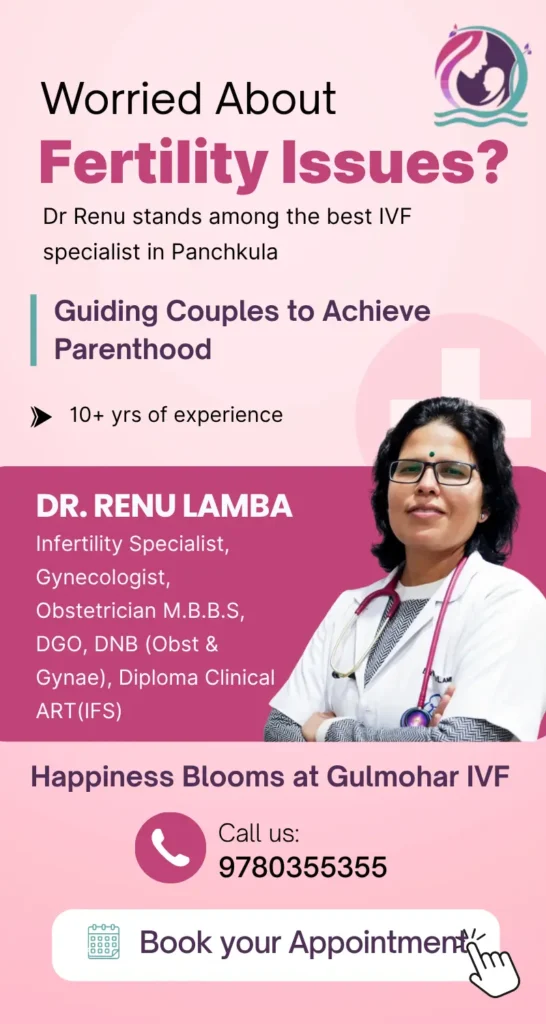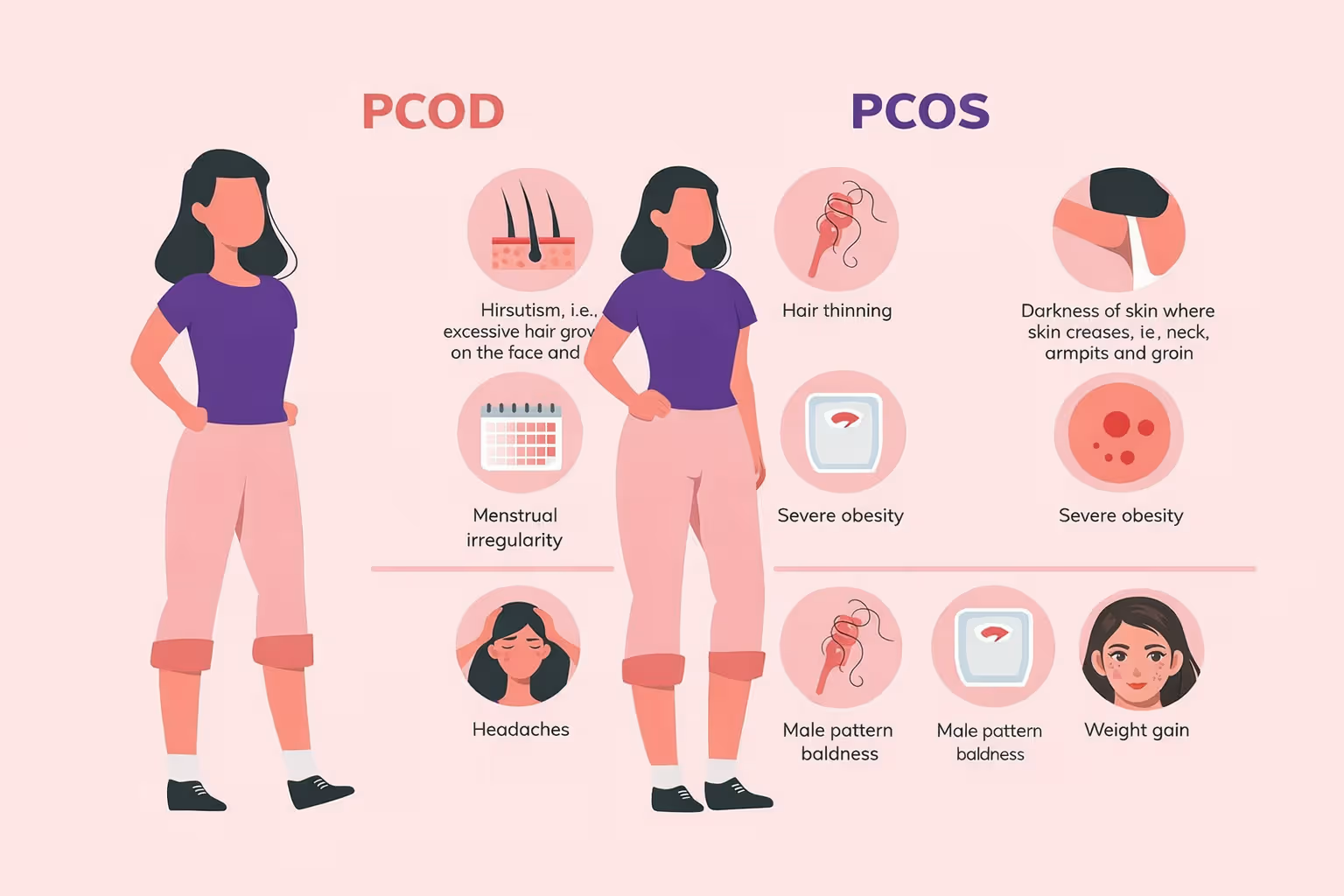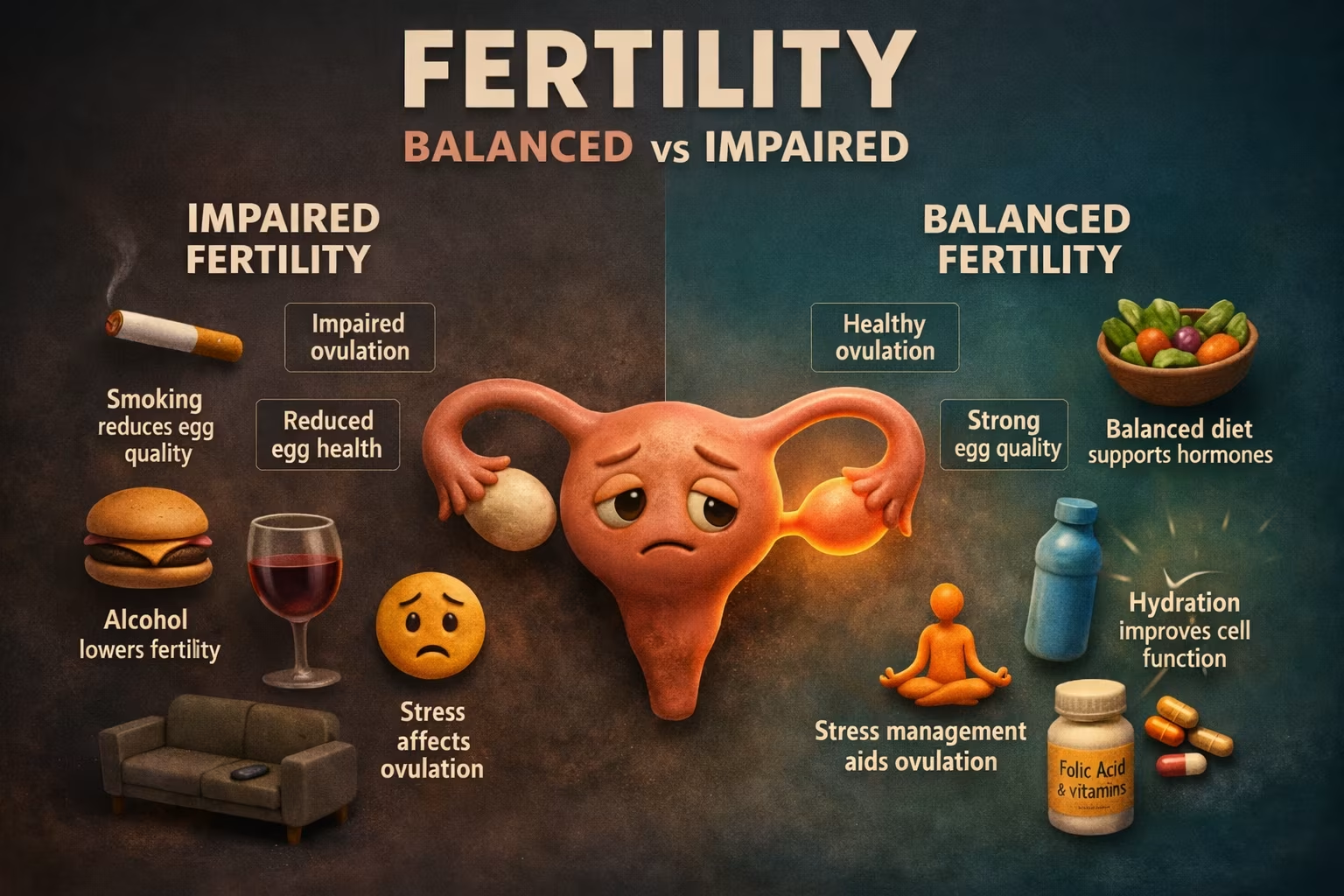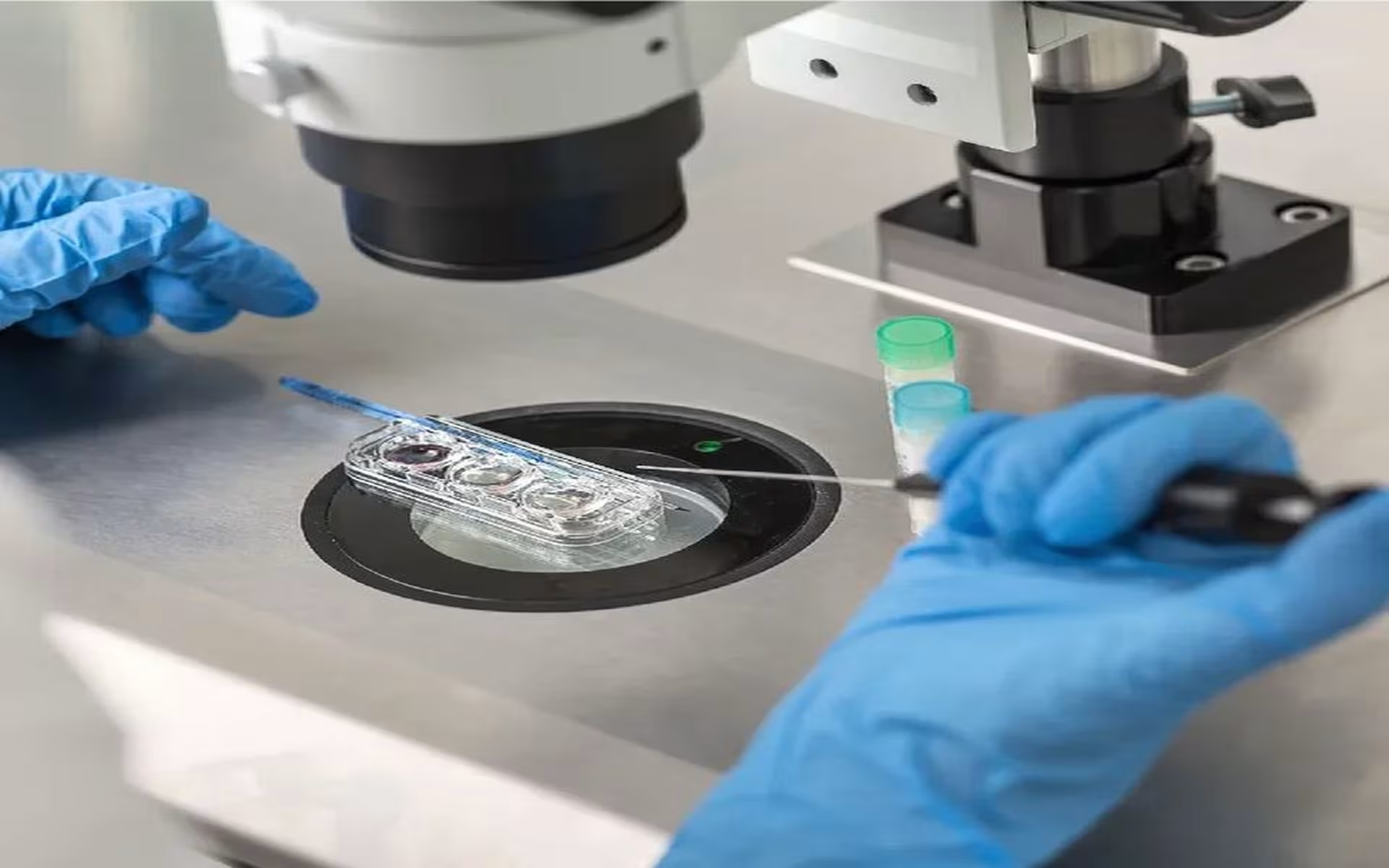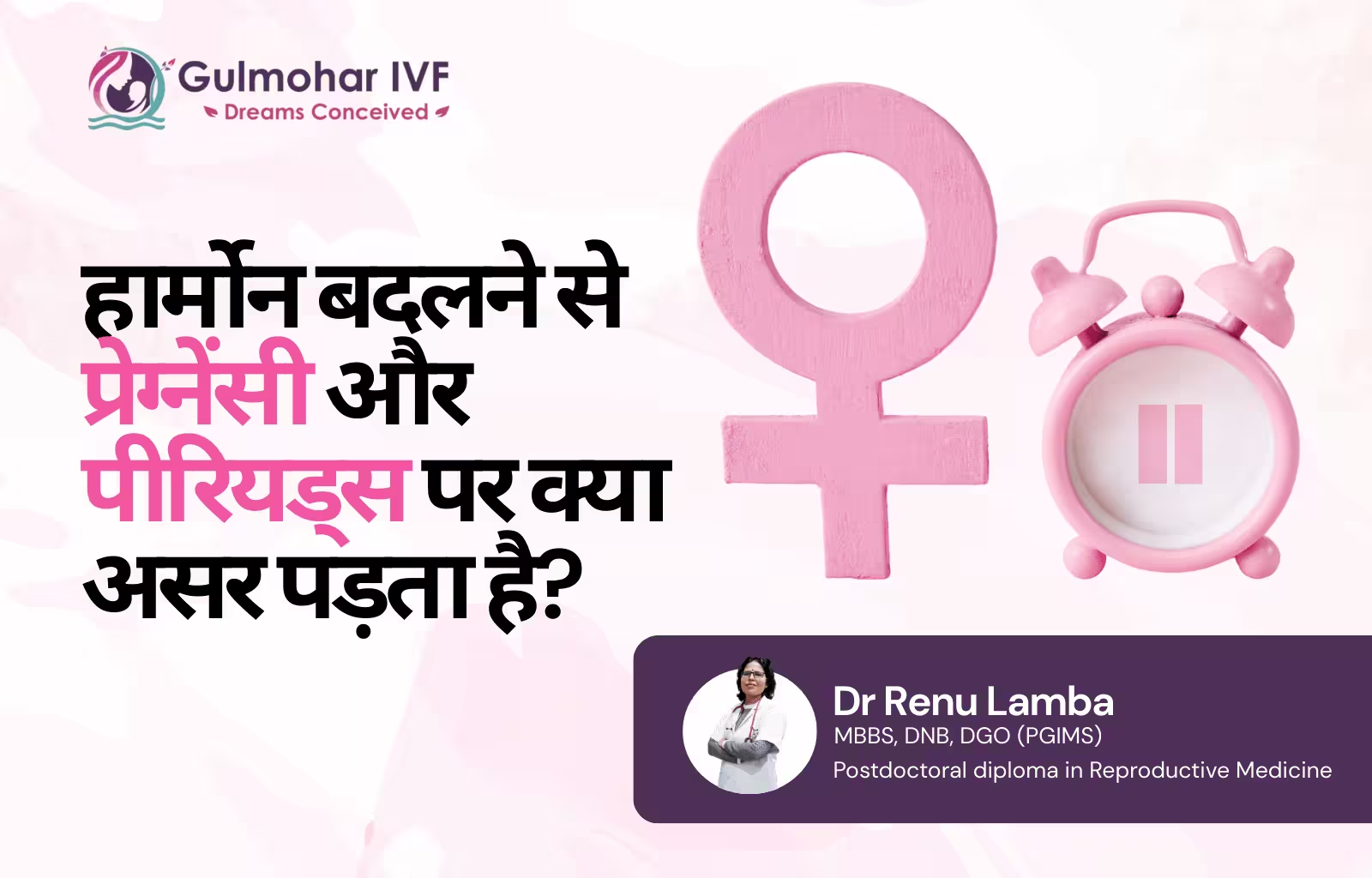IVF Technology Has Come a Long Way—Here’s How It Helps You Today
In the 1980s, IVF was considered groundbreaking—and a bit uncertain. Fast forward to today, and thousands of healthy babies are born every year using refined and advanced IVF techniques.
At Gulmohar IVF in Panchkula, we combine technology, precision, and personalized care to give couples their best chance at parenthood. This blog takes you through the major milestones and advancements in IVF that make a difference today.
The Early Days of IVF: A Quick Look Back
When IVF first began, success rates were low (under 10%) and procedures were still being tested. Only the most basic methods were available, and there was limited control over:
- Egg selection
- Embryo quality
- Hormone response
- Freezing and thawing embryos
But over the decades, medical science has transformed IVF into a reliable, safe, and effective treatment—especially with personalized protocols like we use at Gulmohar IVF.
Key Advancements That Changed IVF for the Better
1. Controlled Ovarian Stimulation (COS)
Modern hormone protocols now help us retrieve more high-quality eggs without causing overstimulation or side effects.
At Gulmohar, we use customized dosage plans to suit your body’s response, improving safety and results.
2. Improved Embryo Culture Media
Earlier IVF labs had limited tools to grow embryos. Today, embryos are cultured in enriched environments that mimic natural conditions. This supports better growth up to the blastocyst stage (Day 5), improving implantation chances.
3. ICSI (Intracytoplasmic Sperm Injection)
One of the biggest breakthroughs in male factor infertility—ICSI allows fertilization even with very low sperm count or motility, by injecting a single sperm directly into an egg.
ICSI is a standard part of many IVF cycles at Gulmohar IVF, especially in male infertility cases.
💡 Related Read: Know your options in IVF vs. IUI: Which Fertility Treatment is Right for You?
4. Blastocyst Transfer
Instead of transferring embryos on Day 2 or 3, waiting until Day 5 ensures that only the strongest embryos are selected, improving pregnancy rates and reducing multiple pregnancies.
5. Embryo Freezing (Vitrification)
Today’s advanced freezing (vitrification) techniques allow:
- Higher survival rate of frozen embryos
- Flexible transfer timing
- Safer outcomes for both baby and mother
We routinely use embryo freezing at Gulmohar IVF for patients who want to delay pregnancy or undergo frozen embryo transfers (FETs).
💡 Related Read: Curious about cost implications? Check Cost of IVF Treatment in Panchkula: What to Expect
6. Time-Lapse Imaging & Embryoscope
With these tools, we can monitor embryo development without disturbing them—allowing embryologists to choose the healthiest embryos with real-time tracking.
7. Preimplantation Genetic Testing (PGT)
PGT allows us to screen embryos for genetic abnormalities before transfer. This is ideal for:
- Older couples
- Recurrent IVF failures
- Family history of genetic conditions
8. Laser-Assisted Hatching
Some embryos struggle to “hatch” from their shell. A laser can gently assist this process, improving implantation—especially in frozen embryo transfers.
How These Advances Improve IVF Success Rates
Thanks to these innovations, IVF success rates have risen to 50–70% depending on age and health profile.
At Gulmohar IVF, we combine:
✔ Modern labs and tech
✔ Individualized protocols
✔ Expert embryologists
✔ Psychological support
So patients feel confident, informed, and cared for throughout their fertility journey.
When Should You Consider IVF?
If you’ve been trying to conceive for:
- More than 1 year (or 6 months if age >35)
- Have had multiple failed IUI attempts
- Have blocked fallopian tubes or PCOS
- Face male factor infertility
It may be time to explore modern IVF as your next step.
💡 Related Read: Learn about fertility blockers in Common Causes of Infertility & When to Seek a Specialist
Final Thoughts: IVF Is No Longer “Experimental”—It’s Personalised Science
The technology behind IVF has not only improved—it has become safer, smarter, and more accessible than ever before.
At Gulmohar IVF, Panchkula, we ensure every couple receives:
✔ Transparent consultation
✔ Ethical treatment options
✔ State-of-the-art IVF care under one roof
📍 Clinic Address: 289, Sector 7, Near Geeta Chowk, Panchkula, HR (India)
📞 Call Us: +91 9780 355 355
📅 Book Appointment
FAQ: IVF Technology & Advances
1. Is modern IVF safer than it used to be?
Yes. Today’s techniques use lower hormone doses, better embryo screening, and freezing methods, making IVF safer for women and babies.
2. Can technology improve my IVF success?
Absolutely. Embryo monitoring, genetic testing, and laser-assisted hatching all help improve success chances.
3. Is it okay to freeze embryos today?
Yes. Vitrification is a highly successful technique, with frozen embryos often leading to healthy pregnancies.
4. Has male infertility treatment improved with IVF?
Yes. Thanks to ICSI, even severe sperm issues can now be overcome in most cases.



